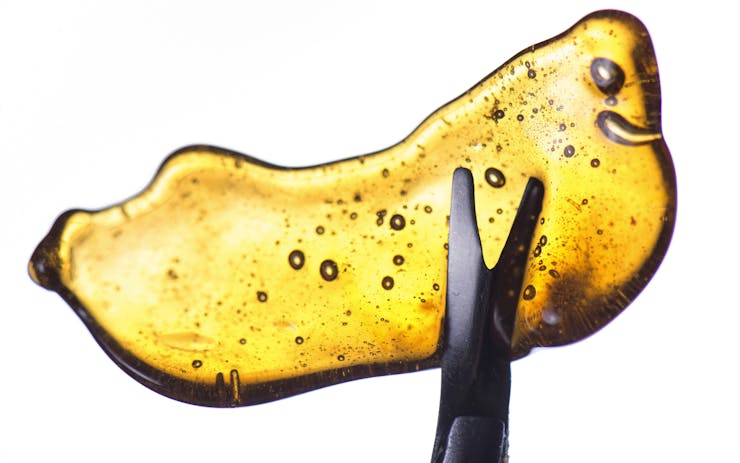Update, 4:31 p.m.: This story has been updated to reflect that both the California Bureau of Cannabis Control and the California Department of Public Health have begun accepting cannabis license applications. The state Department of Food and Agriculture is set to release application details later this month.
California regulators began accepting applications for state cannabis licenses on Friday, releasing necessary forms and launching an online licensing portal just weeks before legal sales in some parts of the state begin on Jan. 1. Officials say they’ll start reviewing the applications immediately.
The California Bureau of Cannabis Control officially launched an online system that allows applicants to apply for temporary and annual licenses, submit payments, and track the status of an application. That agency will handle the licensing of cannabis retailers, distributors, microbusinesses, testing laboratories, and events. Users must register for an account online, where regulators have also posted e-learning materials to walk applicants through the process.
“Today’s launch of our online licensing system is the culmination of many months of hard work by our dedicated team,” Bureau Chief Lori Ajax said in a statement that accompanied the announcement. “Now that applications are coming in, we can officially move one step closer to issuing California’s first state licenses for commercial cannabis activity.”
Also on Friday, the state Department of Public Health unveiled applications for manufacturing licenses, which allow production of items such as edibles, concentrates, topicals, capsules, vape cartridges, tinctures, and other processed cannabis products.
Would-be growers will have to wait until later in the month, when the state Department of Food and Agriculture is expected to make applications available.
Temporary licenses, which will be effective beginning Jan. 1, consist of a relatively simple form that asks for basic business information. The Department of Public Health’s version is only a page long. The licenses are good for 120 days after being issued and are eligible for two separate 90-day extensions provided the business has applied for a permanent license.
Permanent license applications are considerably more in-depth. They require information on the business, its owners and their financial interests, the premises on which the business operates, as well as procedures on waste disposal, inventory, quality control, and security. All applicants must be in compliance with city or county ordinances, and those businesses in operation prior to Sept. 1, 2016 will receive priority review.
Separate licenses are required to participate in the state’s adult-use and medical cannabis markets.
Key to receiving either a temporary or permanent is securing local authorization, which isn’t clearly defined under state law but which is understood to include approval from a city council or county government. Applicants are asked to attach to their application “a copy of a valid license, permit or other authorization issued by the local jurisdiction that enables the applicant to conduct commercial cannabis activity at the premises.”
Regulators say they’ll give the local jurisdiction 10 days to confirm that the applicant has been authorized, so business owners hoping to open their doors on Day One will need to submit their applications soon.





